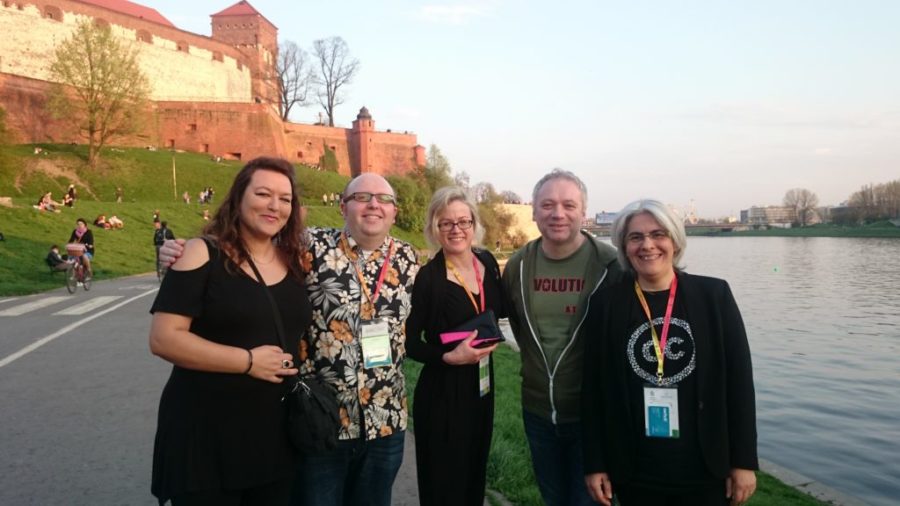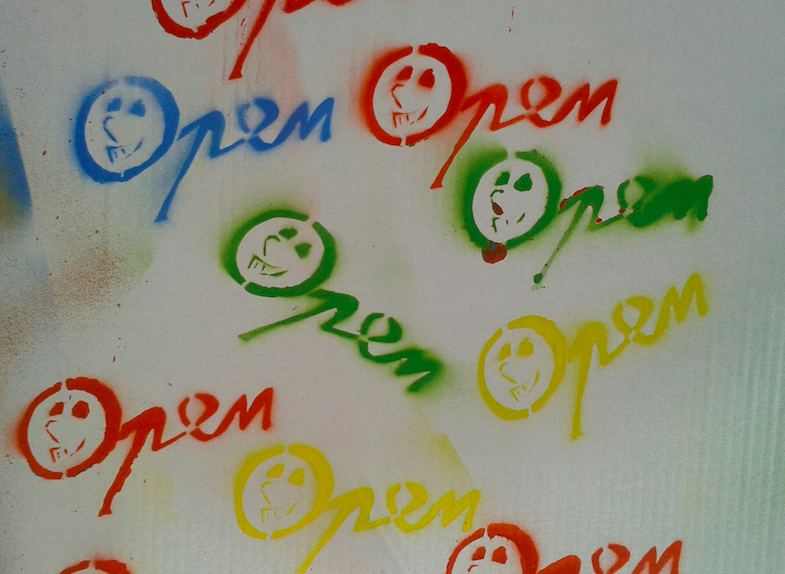
Welcome to the open textbook version of Open Research based on the two iterations of the award winning open course by the same name which was facilitated by the Hewlett Foundation funded Open Education Research (OER) Hub during 2014 and 2015. Thank you to everyone who participated in the facilitated versions of the course, and for your contributions and suggestions. We have retained the original feel of the original 4-week course but have revised and updated material for this Pressbook version. In addition, we have included many of the insightful contributions from participants and also suggest group activities so that you can use the textbook to facilitate discussions with students, colleagues or friends.
Who is this resource aimed at?
What does it mean to research in the open?
Why should I make my research open?
How do I research openly?
If you have an interest in openness, open education, research skills or want to find out more about the impact of Open Educational Resources (OER), then this resource is for you. You could be:
- Using an OER with students and interested in assessing its impact
- Facilitating sessions on open practice with students or colleagues and looking for inspiration
- Working on a research project and wanting to find out more about incorporating open research techniques into your own practice
- Curious about the benefits and challenges of open research
- Looking to use open tools in your research
- Wanting increased impact for your research
- Interested in open research on OER
This resource will help you explore what open research is, how you can ethically and openly share your findings so others can reuse or develop your work, and the role of reflection and open dissemination. Whilst many challenges and issues apply to all aspects of research (for example choosing an appropriate methodology), open research brings a range of different opportunities and challenges; it’s these that we are specifically interested in exploring. What can openness add to the research process?
Learning Objectives
By the end of this Pressbook, you will be able to:
- Understand what it means to conduct research openly and the benefits of doing so
- Understand the key challenges that can arise when researching in the open and how to address these
- Use open resources that will assist with planning your research project (however large or small!)
- Learn about best practice for sharing your research and how you can contribute to an international understanding of the impact of OER

How to use this Pressbook
This Pressbook has been designed so that you can work through it as an individual, a group and if you’re a facilitator or educator, to use the content and activities to aid discussion. Activities have been structured so that you can use your preferred method of tracking your progress through material. You might want to blog your reflections as you progress through the course. Or perhaps you’d prefer to use an online or hardcopy notebook. If you’re working as a group, maybe you’d prefer to brainstorm your ideas collectively and take photos of what you produce as a record. The choice is yours!
Following most of the activities you will find a commentary which includes topics you might want to consider and a selection of example responses mainly drawn from participant contributions. These can be used with their accompanying activity to stimulate individual and group reflection or to structure and facilitate group discussion. We would love to hear how you reuse and develop the course material, and share this with others so the community benefits. If you’d like to participate, please get in touch.
About the authors
The 2014 and 2015 iterations of Open Research and this Pressbook were written by OER Hub team members Bea de los Arcos, Rob Farrow, Beck Pitt and Martin Weller. The OER (Open Education Research) Hub are leaders in researching the impact of open educational resources (OER) on learning and teaching. We are based in the Institute of Educational Technology at the Open University (OU) in the United Kingdom. The Open University has an open admissions policy and is Europe’s largest provider of online distance education.
You can find out more about the OER Research Hub team here. If you’re interested in finding out more about the kind of open research we do, you can visit our homepage or follow us on Twitter (@OER_Hub).
